Section: Media
There are more than 60 results, only the first 60 are displayed here.
Become a subscriber for more search results.
-

MEDIA
- Vivienne Cowburn
- 15 November 2019
3 Comments
Rather than credit their physiques to intense exercise and diet regimens, celebrities now owe it all to 'wellness'. And you owe it to your health to get on board the wellness express. When it comes to conversations regarding women's health and noncommunicable diseases however, this talk of wellness becomes problematic.
READ MORE 
-
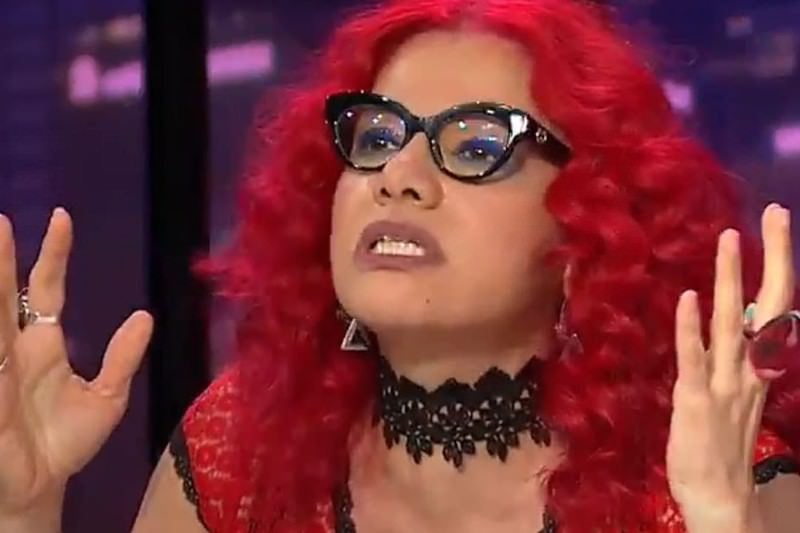
MEDIA
- Neve Mahoney
- 12 November 2019
15 Comments
On their own, Eltahawy's words are confronting, yet within the context of her argument, the questions were about flipping the balance of power on its head for a moment. It's not a call to action, but rather a thought exercise. What if men were as scared of violence from women, as women are taught to be of men?
READ MORE 
-

MEDIA
- Kate Moriarty
- 25 October 2019
51 Comments
Hi Leunig. I saw that cartoon you made about me. You know the one. There’s a mum looking at her phone and she doesn’t realise her baby's fallen on the ground and it comes with this twee poem about how the baby wishes his mother loved him more. This is awkward. I remember that day well.
READ MORE 
-
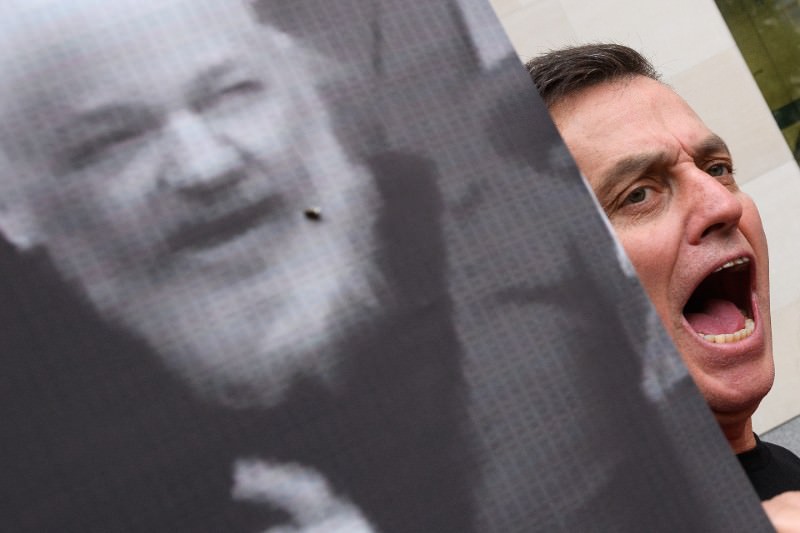
MEDIA
- Jeff Sparrow
- 24 October 2019
7 Comments
Assange's latest court appearance coincided with the launch of the Right to Know campaign, backed by the major press organisations in Australia as well as the Media, Entertainment and Arts Alliance. To its immense credit, the MEAA has consistently defended him. But many prominent Australian journalists have not.
READ MORE 
-

MEDIA
- Neve Mahoney
- 10 October 2019
3 Comments
As musician James Blake pointed out regarding Jameela Jamil's contributions to his most recent album, the muse is an objectified woman who is seen to have no direct impact on the creation of the work itself and no creative life of her own, but is merely the source of the male artist's inspiration and a vehicle to project his own desires onto.
READ MORE 
-
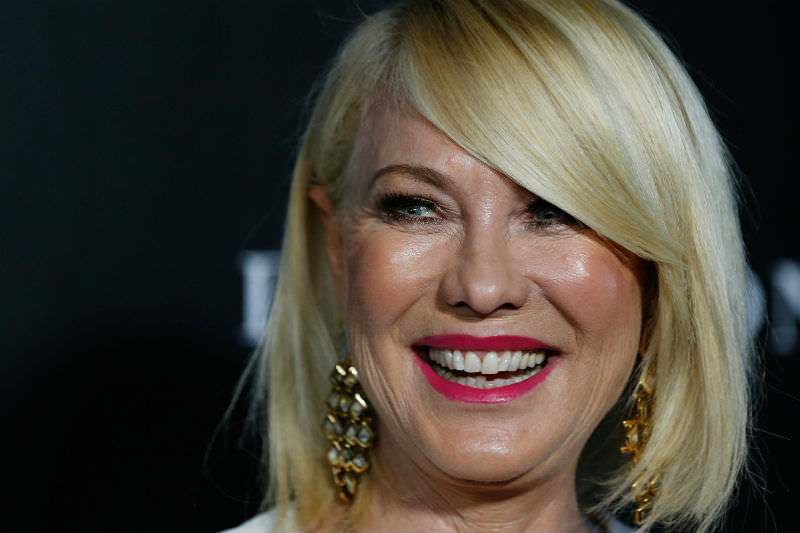
MEDIA
- Celeste Liddle
- 08 October 2019
19 Comments
This fiasco has done nothing to even remotely help the plight of Aboriginal abuse sufferers. Considering another January is just around the corner, I am certain that a repeat performance, by Kennerley or any other number of white media commentators unwilling to take responsibility for their actions, is inevitable.
READ MORE 
-
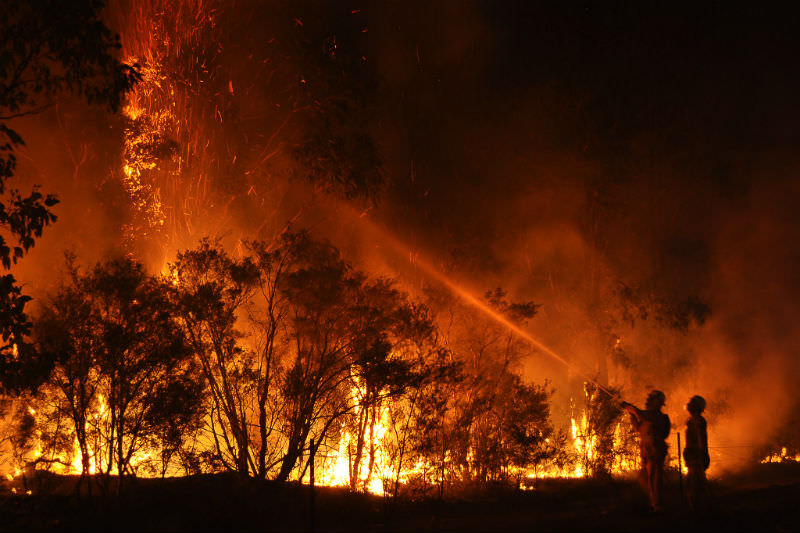
MEDIA
- Greg Foyster
- 18 September 2019
3 Comments
The visual language of climate change has become predictable and stunted. In the 1980s activists used an image of a polar bear adrift on a floe of ice to tell the story of global warming and rising sea levels. It's become visual shorthand for the topic — useful for quick categorisation, but stale and easily dismissed.
READ MORE 
-

MEDIA
- Neve Mahoney
- 16 September 2019
4 Comments
Every time I need to read an article that deals with climate change, I can feel a tightness in my body. It’s a physical response, the churning in my stomach and my shoulders hunching over, as though I’m trying to protect myself from the information.
READ MORE 
-

MEDIA
- Neve Mahoney
- 02 September 2019
5 Comments
In feminist circles, period shaming and the pros and cons of alternative menstrual products are well-trodden topics. So when I watched the ad from Libra, I saw it for what it was: a mainstream response to a movement that had been going on for years. The #bloodnormal campaign isn't revolutionary. It is, however, still necessary.
READ MORE 
-
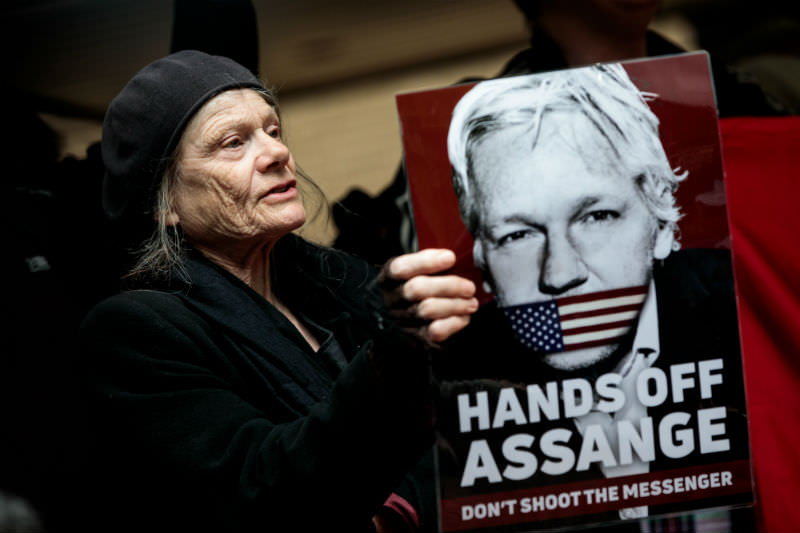
MEDIA
- Binoy Kampmark
- 02 August 2019
4 Comments
The running themes of the Department of Justice charges against Assange are that he is a hacker, an agent of espionage and a danger to necessary secrecy. In so slanting their case, the DOJ hopes to avoid the application of the First Amendment covering press freedoms. The reasoning of District Judge Koeltl suggests this might well fail.
READ MORE 
-

MEDIA
They vastly outnumber journalists, their industry is far bigger than the shrinking media organisations, and the concentration of media ownership means that they can do deals with proprietors. Understanding that the trail with fake news leads to the spin doctors can be a useful way to detect what is, and is not, propaganda.
READ MORE 
-
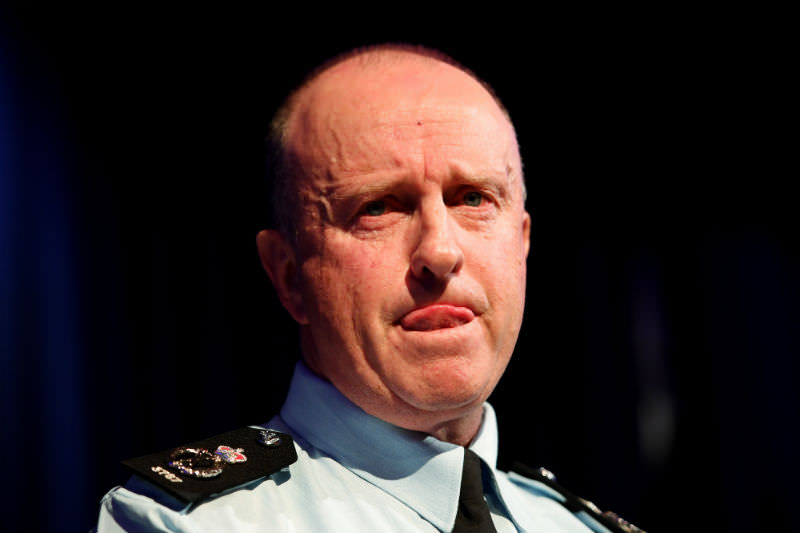
MEDIA
- Jules O'Donnell
- 13 June 2019
10 Comments
Demands for the protection of fundamental rights are, of course, a good thing. But the media coverage of the AFP raids took a scattergun approach and, in some cases, contained oversight and inaccuracy. Here are some important details that were lost in the furore.
READ MORE 